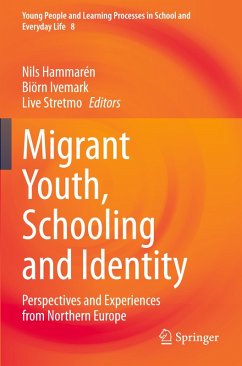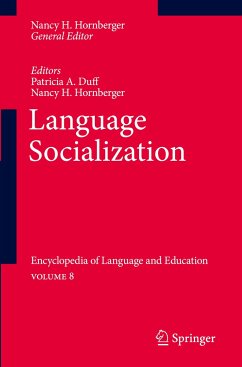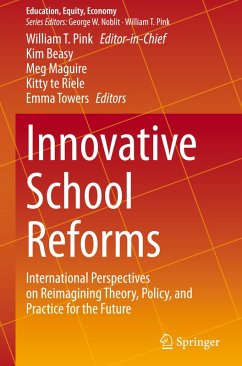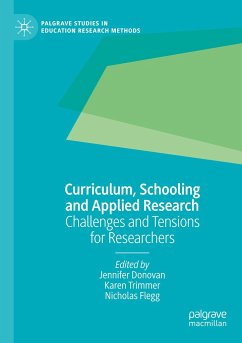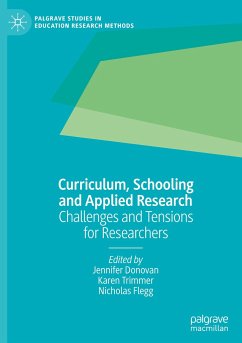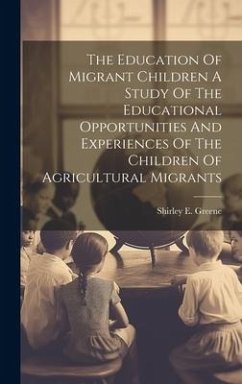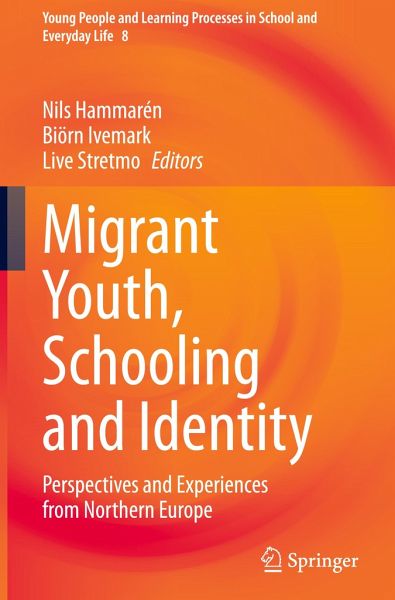
Migrant Youth, Schooling and Identity
Perspectives and Experiences from Northern Europe
Herausgegeben: Hammarén, Nils; Ivemark, Biörn; Stretmo, Live

PAYBACK Punkte
61 °P sammeln!
This volume provides a broad outlook on migrant youth and schooling in Sweden, Denmark, Norway, Iceland and the United Kingdom. It explores empirically how these young people-who range from the first to the third generation-position themselves in relation to school, friendships, language-use, aspirations, and the expectations placed upon them. The book also examines the role of a variety of professionals, street-level bureaucrats, and other key actors in framing, representing, problematizing and ultimately contributing to shaping the experiences of these young people. Contemporary contextual c...
This volume provides a broad outlook on migrant youth and schooling in Sweden, Denmark, Norway, Iceland and the United Kingdom. It explores empirically how these young people-who range from the first to the third generation-position themselves in relation to school, friendships, language-use, aspirations, and the expectations placed upon them. The book also examines the role of a variety of professionals, street-level bureaucrats, and other key actors in framing, representing, problematizing and ultimately contributing to shaping the experiences of these young people. Contemporary contextual challenges for educational advancement are particularly highlighted, as are key issues of cultural representation and recognition. Several contributions also focus on sub-groups within the immigrant-origin population that have so far only received a limited attention in the literature, such as youth in rural areas, LGBT youth, first-in-family college students, and youth who transition outof anti-school subcultures.
The contributors stem from a variety of disciplines, ranging from Education and Youth Studies to Social Work and Sociology, and tackle many innovative themes, such as peer violence, special needs education, and artistic interventions, among many others. Through this original perspective and comparative outlook, the book makes an important contribution to the literature on youth, migration, identity, and education. It will interest undergraduate students in several areas of the social sciences, teachers and other professionals who work with children and young people.
The contributors stem from a variety of disciplines, ranging from Education and Youth Studies to Social Work and Sociology, and tackle many innovative themes, such as peer violence, special needs education, and artistic interventions, among many others. Through this original perspective and comparative outlook, the book makes an important contribution to the literature on youth, migration, identity, and education. It will interest undergraduate students in several areas of the social sciences, teachers and other professionals who work with children and young people.





